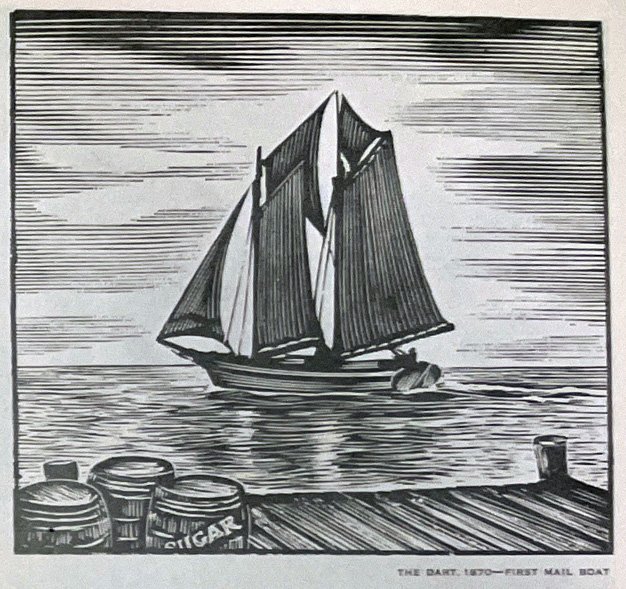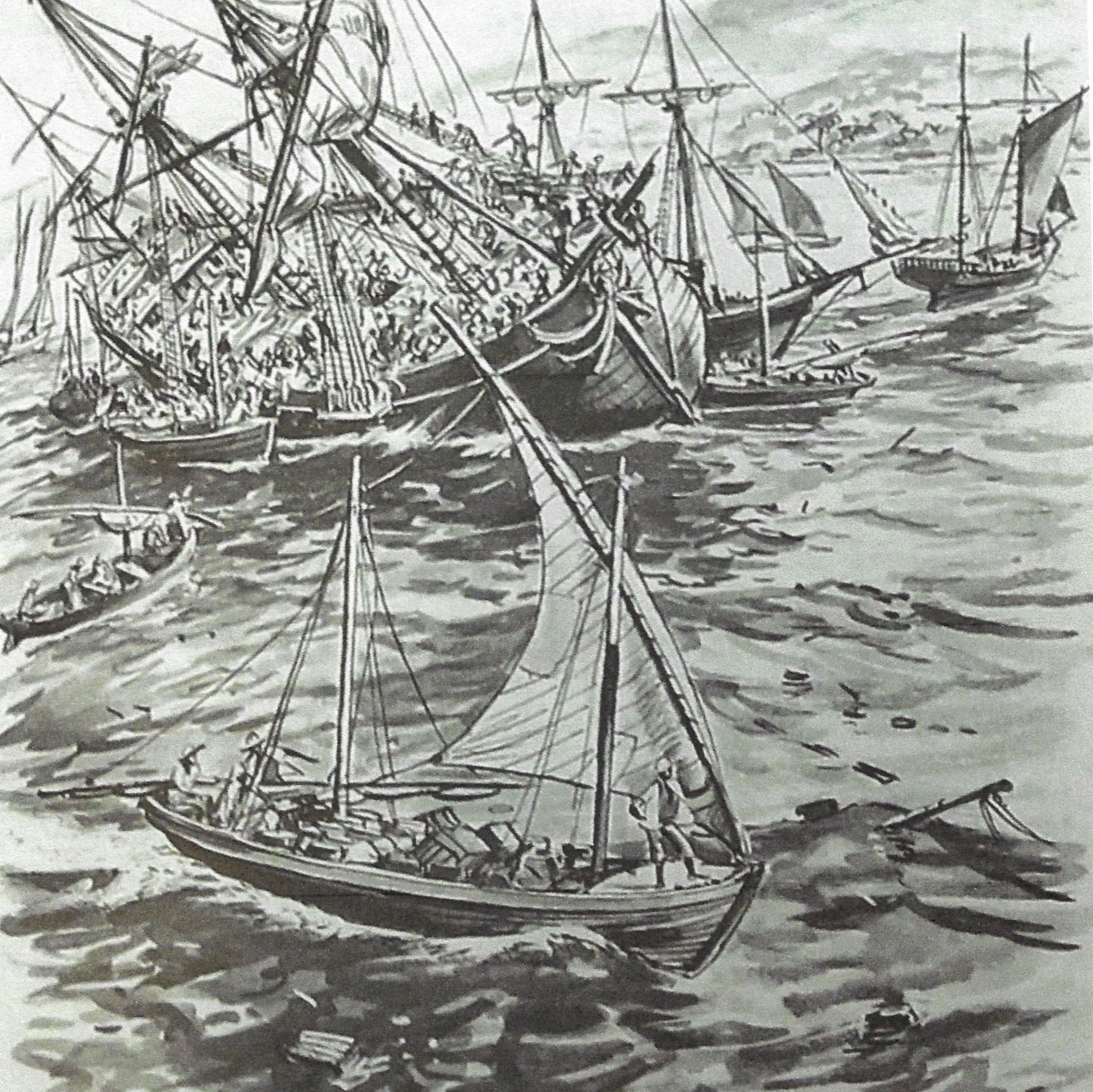Fifty Years of Independence, 1973 - 2023
Aug. 05, 2023
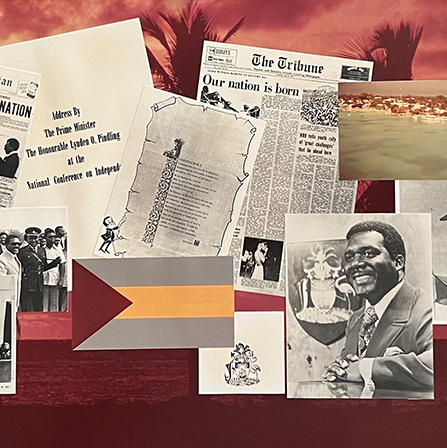
The Bahamas had been a British colony since 1783, The 1964 amended Bahamian Constitution, took effect in 1969, increased the extent of self-government and paved the way toward full independence.
New York Times, December 21,1972
On January 11, 1968, Lynden O. Pindling proposed that the British grant the Bahamas total independence. Great Britain would yield all power to the new Government except in external affairs and defense. Pindling requested full internal self-government and proposed that ten members of the Senate be appointed by the Royal Governor, with Pindling’s advice. And that the remaining five be appointed by the Royal Governor on the advice of the leader of the Opposition, Sir Roland T. Symonette. A say in the selection of the Governor-General and full control over the police and internal security was demanded. Pindling requested that a constitutional conference be held in London on March 18, 1968.
New York Times, January 12, 1968
Queen Elizabeth II gave formal approval granting full independence to the Bahamas on July 10, 1973. On that morning, Prince Charles read a personal message from the Queen and presented the Constitutional Instruments to Lynden O. Pindling, the first Prime Minister, at Clifford Park.
Sir Milo Butler was later sworn in as the first Bahamian Governor-General. Sir Butler was the first Bahamian Governor-General, knighted by Queen Elizabeth II in February 1975 during her visit to Nassau.

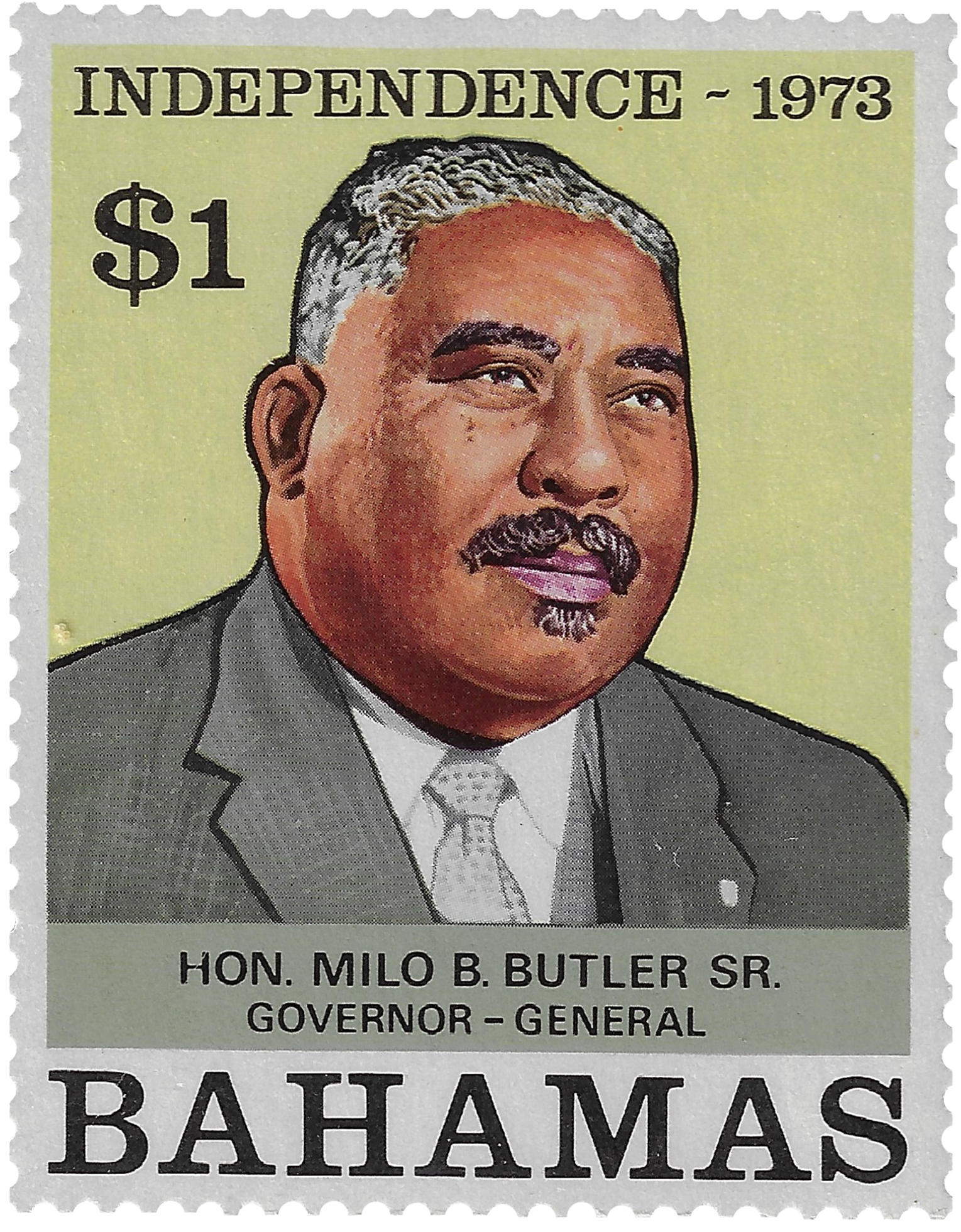
"March On, Bahamaland" composed by Timothy Gibson was adopted as the national anthem in 1973.
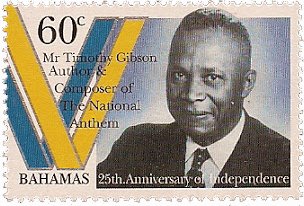
The children of Grand Bahama celebrated Independence with their voices. Two 45 records, recorded by the Eight Mile Rock school choir, included the songs Independence for the Bahamas Now,



